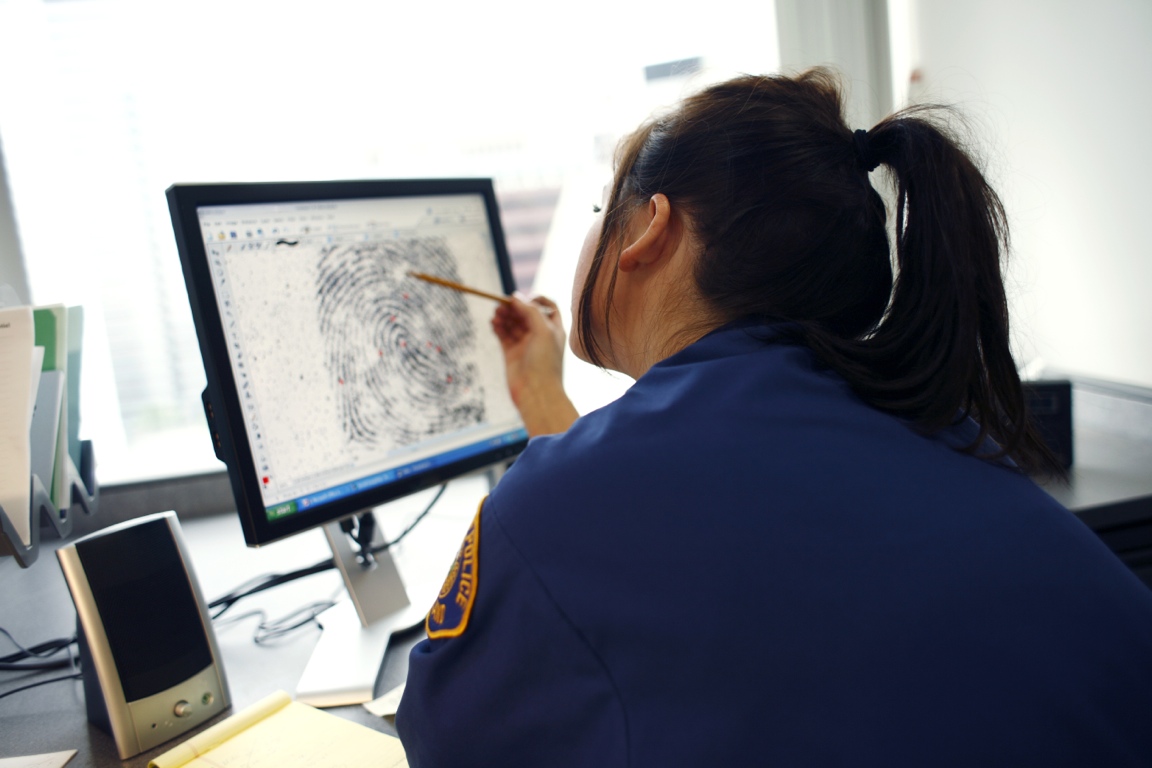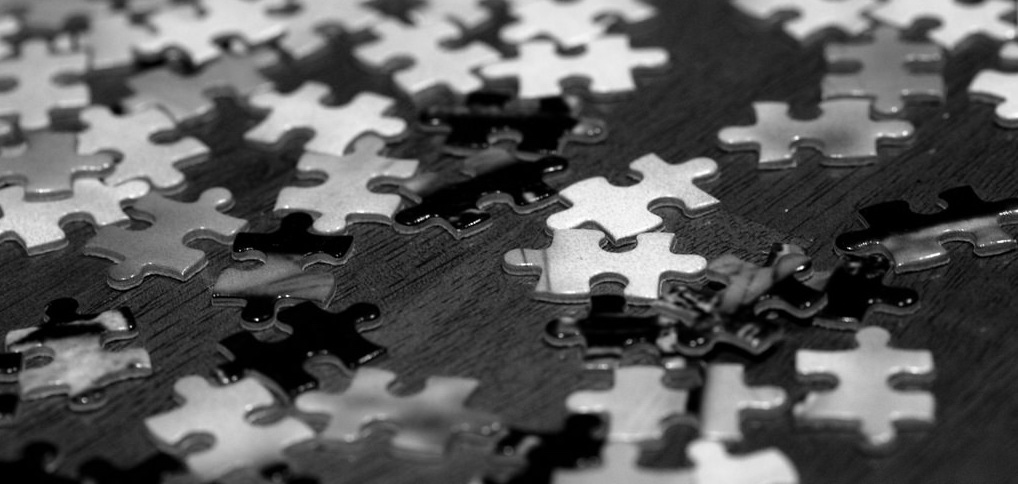The Australian Royal Commission into Child Sexual abuse in Institutions revealed a dual failure of numerous institutions to protect the children under their care. Firstly, institutions had failed to prevent initial instances of abuse and secondly, they had frequently failed to appropriately investigate allegations of child sexual abuse within their institutions. This failure to respond appropriately to allegations has been found to exacerbate the negative psychological impact of the initial abuse. Additionally, it allows the perpetrators of this abuse to continue offending unchecked and has been anecdotally associated with reduced willingness of victims to report their abuse. Given this, we must consider why seemingly decent people, who don’t condone child sexual abuse, failed to respond appropriately to allegations?
My honours supervisor, Professor Matthew Hornsey and I, decided to approach this question from a social identity approach. Social identity theory explains the impact of our social or group memberships on our identities. Social groups, like religion, shape our attitudes, beliefs, and responses to events and our environments. We looked at the role people’s group memberships play in their responses to allegations of deviant behaviour. Specifically, we sought to identify the role of religious group and peoples’ responses to allegation of Child Sexual abuse in a religious institution.
Two studies were undertaken: In both studies, participants answered a series of questions concerning their religious affiliation and the strength of their identification (importance of) to that religious group. Participants were then required to read an allegation of child sexual abuse against a Catholic Priest in the form of a news article. After reading the article participants responded to a series of items assessing their scepticism of the allegation and their belief in the guilt of the accused.
In Study 1 the article presented the arguments of the accused and the accuser evenly in an effort to create ambiguous guilt. We wanted to assess participants’ biases in response to an article that easily allowed the participants’ to either accept or reject the allegation. We found that people who were in the same religious group as the alleged offender (Catholics) were more likely to question the validity of the allegation than those whose religious group differed from the alleged offender (Non-Catholic Christians and Non-Christians). This effect was particularly strong for Catholics who strongly identified with their religious group and rated their religion as a very important part of their identity.
In Study 2 participants were randomly assigned to read one of two articles. Article one was designed to increase the certainty of the alleged offender’s guilt by providing considerable evidence in support of the allegation and removing arguments against the allegation. Article two was designed to decrease the certainty of the alleged offender’s guilt by providing no evidence in support of the allegation and supplying arguments against the allegation. In both conditions we found the same effect as was found in Study 1, with strongly identified Catholics being the most sceptical of the allegation. It is important that this occurred in both conditions as it suggests that the impact of group membership persists despite the objective likelihood of the alleged offender’s guilt.
It is important to consider that those who receive these sorts of allegations are typically high ranking members of the same group as the alleged offender. It is likely that they are strongly identified with their group and therefore it can be concluded that those most disposed to question the validity of allegation are those most likely to receive allegations. Our research proposed that an external body be developed to receive and respond to allegations of child sexual abuse in institutions.
You can access the full text article here.



